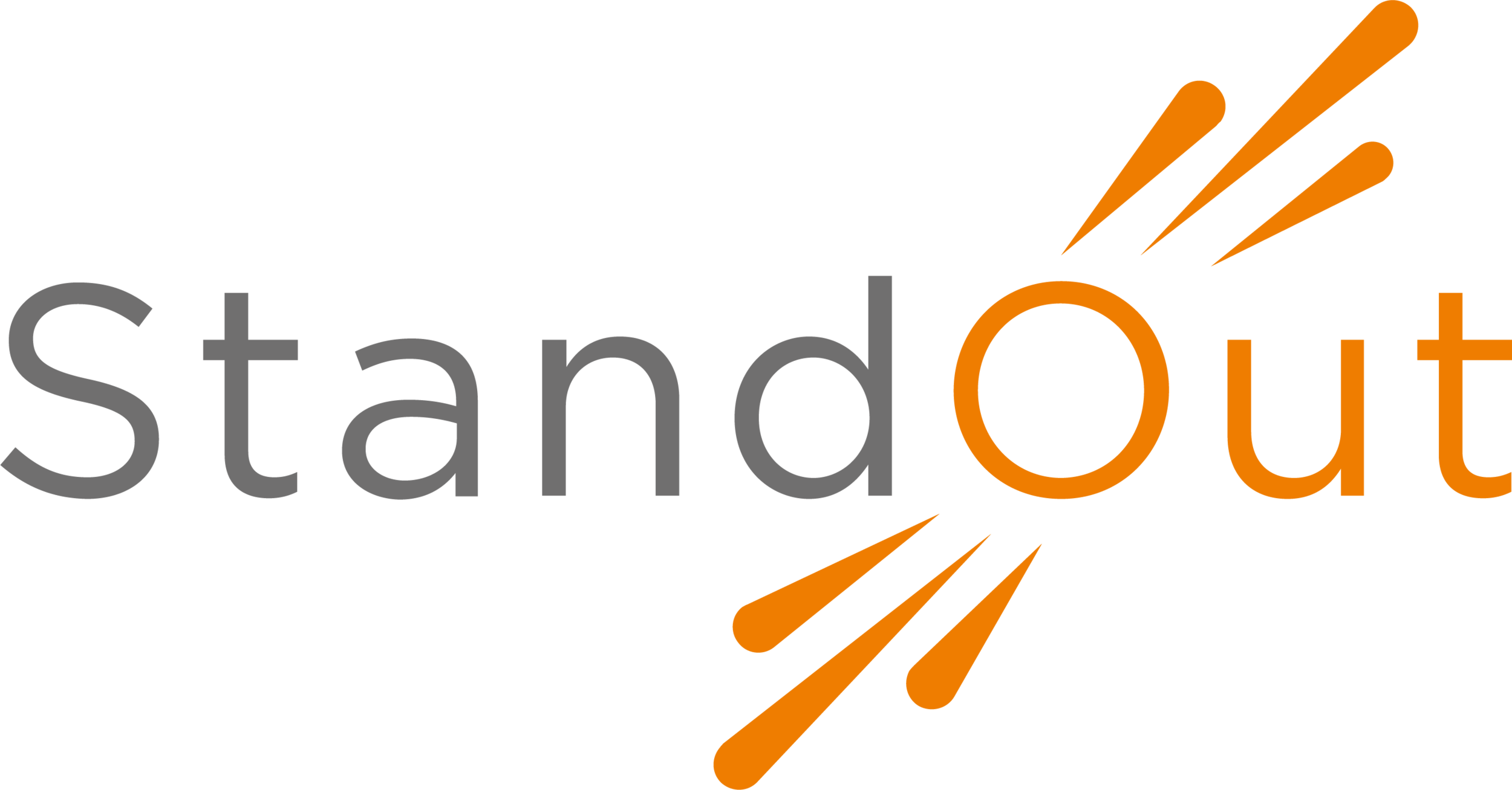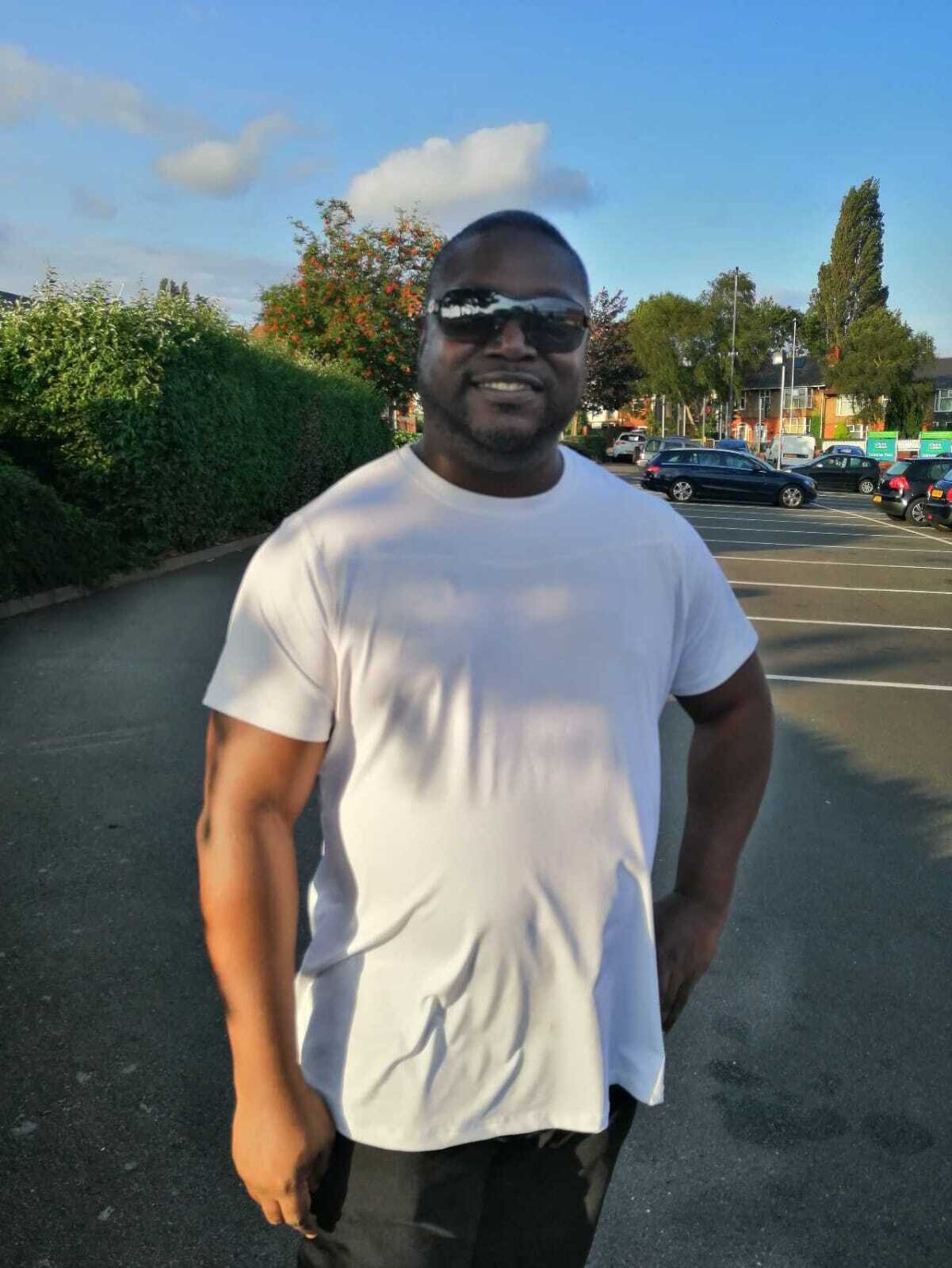Ahmed's Story
‘Look at people’s passion, not their past’
Ahmed took part in StandOut in HMP Wandsworth two years ago. We invited him to write a blog about his experiences since leaving prison.
Prison had never happened to anyone in my family. It was the first time for me so and it was quite a shock but it gave me time to reflect on life and how easily you can take things for granted. Before prison I was working, and studying at university pursuing my dream to work in network engineering. I saw my son almost every day and I didn’t realise how much love I had for him until I couldn’t see him anymore.
He was 6 when I went to prison so I missed two years of his life. I would sit in my cell and try to imagine how he has grown or what he looks like now. I talked to him over the phone but I didn't let him know I was in prison. Sometimes he wouldn’t feel like talking and I thought maybe he's got bored of me or maybe he's got tired of the excuses. But often it would be because he was playing a video game or something.
I didn't actually realise the impact of being in prison until after I was released. I had hardly spoken to anyone over the phone for two years but when I came out there was this expectation to be on my phone all the time and I’d forgotten how to communicate in that way. It was odd.
After being locked in my cell for two years, I couldn’t wait to get home and open all the doors and windows and let the air in. But when I came out, I found that I would come into my room, close the door and lock it. No one was going to come in but I was just used to closing the door and hearing the lock.
Sometimes I don’t know what to do with myself. I just sleep, wake up, and go to work. Look at me now: I'm on holiday from work until next week but I have no idea where to go.
StandOut introduced me to one of their partner employers and I got a job cleaning the DLR trains three months after my release. Whilst it’s not my ultimate goal, I still put my all into it because I know my mindset is what will get me to my dream career.
I’ve always had a passion for IT. I started a qualification (CCNA) in prison and wanted to continue afterwards but I couldn’t afford the £1400 fee. Then I attended a fundraising dinner for StandOut and told my story and what I was doing to turn my life around. I couldn’t believe it, but someone offered to pay for the course after hearing me talk. It brought tears to my eyes as prison can make you lose faith in people.
After completing the course I took the exam but I rushed into it. I was just a few marks shy of the pass mark. I came away and I thought, OK, how can I learn from this? It's £300 to retake the exam so I’m saving each month but this time I want to make sure I’m absolutely prepared.
My fears? More rejection. I applied for a job with a big telecommunications company. I passed the first online application and then had a video interview which I’d never done before. A few months later I got invited to come into their test centre. I work night shifts so I left early in the morning and jumped straight on the train. I spent four hours doing literacy tests and a practical test where we had to connect some wires together in 15 minutes. I was so happy to find out the next day that I had passed everything.
The final stage was the criminal record check which I wasn’t too worried about as they knew that I had been in prison. But afterwards I got a call to say they were really sorry but they had decided they couldn’t take the risk.
I was gutted. When somebody classes you as a risk it makes you feel like you're a danger to someone. It made me feel like I was a ticking time bomb someone needed to defuse.
Sometimes when I look at job vacancies and I see ‘DBS clearance needed’ I wonder if I’m ever going to make it. And if it wasn’t for StandOut, I think I would have given up a long time ago. They taught me the power of resilience. Being resilient is the reason that when I apply for a job and I don't get it, I always go back and ask, ‘Why?’ Resilience is why I know that I'm still going to achieve my goal one way or the other.
If an employer is reading this, I would ask you not to judge people based on what you see on paper. Look at people’s passion, not their past. Get to know people and see how far they've come to get to where they are now.
We have this way of looking at people in prison. We think they are dangerous. We think they are undesirables. But when I went to prison, I realised that they are just human beings. If you haven’t been inside a prison, you might not know how much potential and talent is in there. I think that’s what makes it difficult: people are still viewed as criminals even after they have served their punishment.
I made a mistake and I’ve learned from it. When I was released, I wanted to be a better person and I don’t think you can call that person a criminal. It is double punishment for someone to get penalised because of their criminal record too.
And my future? I would love to move out of this room into a two-bedroom place so that my son can have his own room when he comes for the weekend.
I want to prove that you can be better than the path prison sets for you. That’s why StandOut is so much more than ‘employment’. If StandOut’s mission was to help me get a job, they've already achieved it, but they want more for me. I would love to get my foot in the door with some Network Engineering experience.
Two years after prison, I am still adjusting but I’m always smiling. Because that is one thing about me that prison can't change. Somehow I just know there is hope. I'm hopeful things will get better and I’m grateful for so many things in my life.

